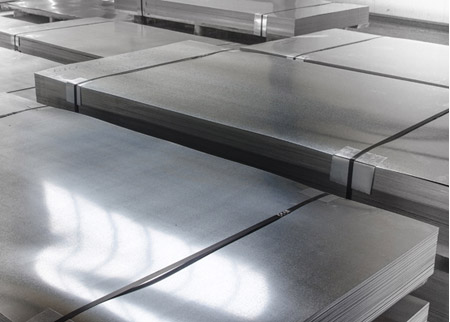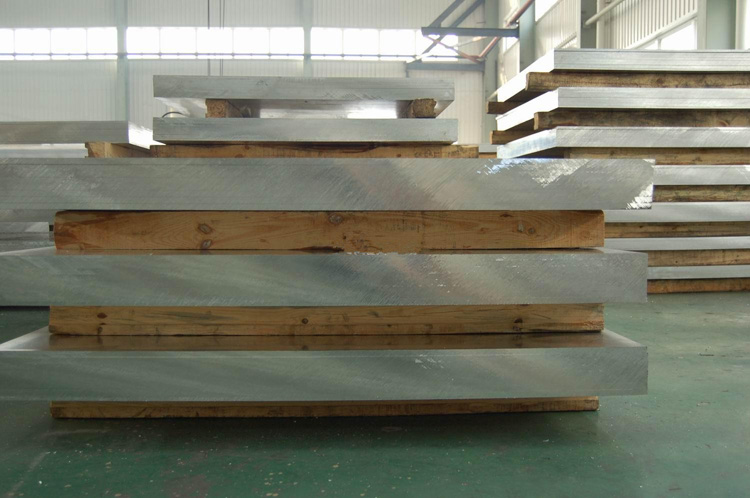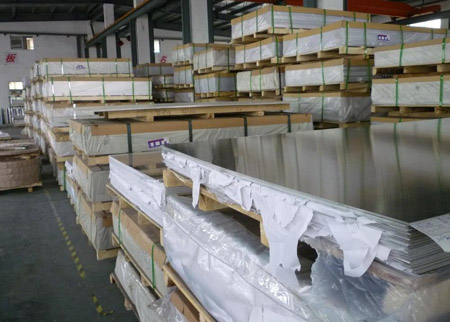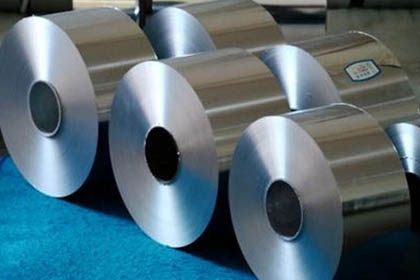



Aluminum is a lightweight, non-toxic, and corrosion-resistant metal that is commonly used in various applications due to its unique properties. It is the third most abundant element in the earth's crust, and it is extracted from bauxite, a reddish-brown rock that is found in different parts of the world.
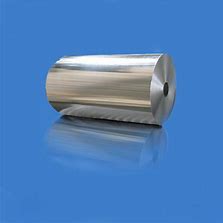
Pure aluminum metal is a soft, silver-white, and ductile metal that has high electrical conductivity, corrosion resistance, and thermal conductivity. It has a density of 2.7 grams per cubic centimeter, which is about one-third the density of steel. Pure aluminum metal is not widely used in industrial applications due to its low strength, but it is commonly used in applications where its unique properties, such as high electrical conductivity, are required.
On the other hand, aluminum alloy is a mixture of pure aluminum metal and other metals or elements, such as copper, magnesium, silicon, and zinc. The addition of these elements to aluminum enhances its properties, such as strength, hardness, and durability, making it suitable for various industrial applications. Aluminum alloys can be classified into two main categories: wrought alloys and casting alloys. Wrought alloys are used in applications where high strength and toughness are required, such as aerospace, automotive, and construction industries. Casting alloys are used in applications where high fluidity and ease of casting are required, such as the manufacturing of engine blocks and cylinder heads.
Aluminum alloys are known for their high strength-to-weight ratio, corrosion resistance, and ease of fabrication. They are used in various industries, such as aerospace, automotive, construction, and electronics. In the aerospace industry, aluminum alloys are used to manufacture aircraft structures, such as wings, fuselages, and landing gears, due to their high strength-to-weight ratio and fatigue resistance. In the automotive industry, aluminum alloys are used to manufacture engine blocks, cylinder heads, and suspension components, due to their high strength and corrosion resistance. In the construction industry, aluminum alloys are used to manufacture windows, doors, and curtain walls, due to their durability and aesthetic properties. In the electronics industry, aluminum alloys are used to manufacture electronic housings and heat sinks, due to their thermal conductivity.
In summary, the main difference between aluminum alloy and pure aluminum metal is that aluminum alloy is a mixture of pure aluminum metal and other metals or elements, while pure aluminum metal is a soft and ductile metal that has high electrical conductivity but low strength. Both pure aluminum metal and aluminum alloys have unique properties that make them suitable for different applications in various industries.
* Thank you for your inquiry. Please provide your business needs information so that we can better serve you.
This information can help us assign the most suitable person to solve your problem. We will give you feedback within 1-2 working days.
Related Blog
